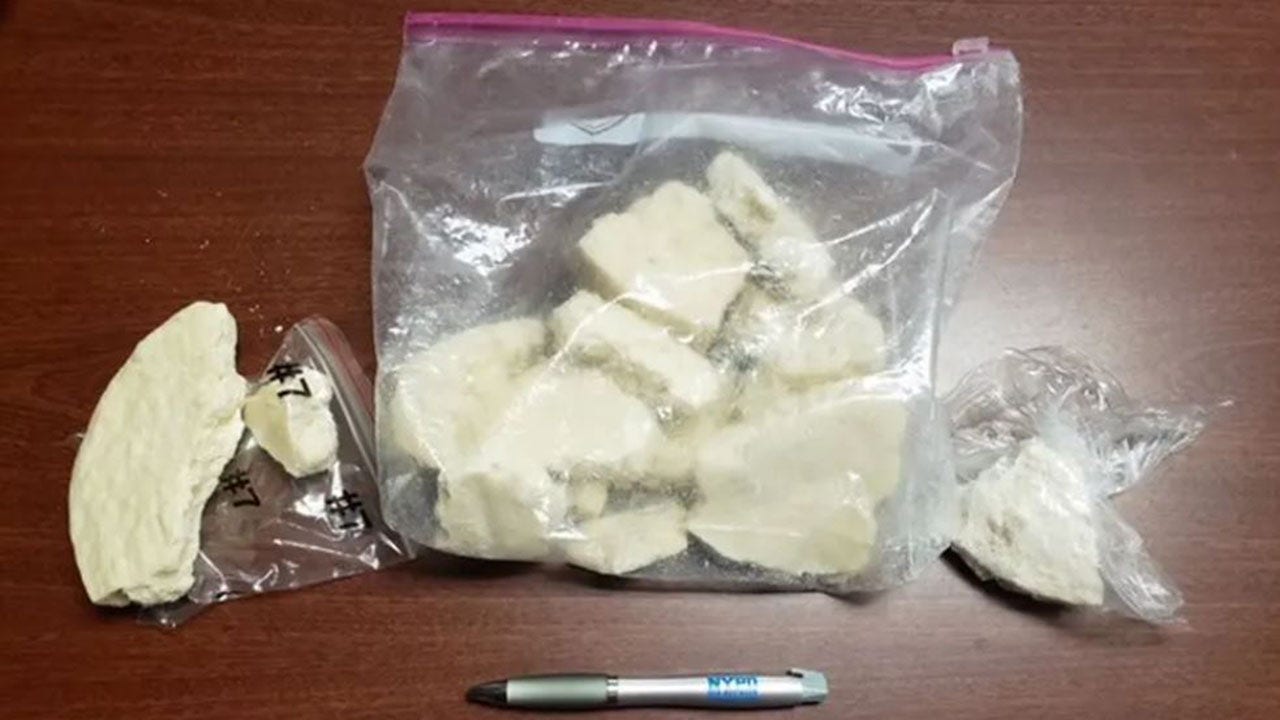United States
Convicted NYC drug dealer who ran Times Square operation out of prison after Biden commutation

In a surprising turn of events, a convicted drug dealer involved in a high-profile, around-the-clock crack cocaine operation in New York City’s Times Square has been released back onto the streets after his federal prison sentence was commuted by then-President Joe Biden in January. Johnny “Ghost” Perez, a 32-year-old man, was arrested in 2021 and later sentenced to eight years in prison for his role in overseeing the second shift of a sprawling drug operation that operated openly in one of the city’s most iconic areas. Perez was among 2,500 federal inmates who had their sentences commuted by Biden on January 17, a move that has sparked widespread debate and criticism, especially given the nature of his crimes and the impact of his release on public safety.
Perez’s case is particularly noteworthy because of the scale and brazen nature of the drug operation he was involved in. Federal prosecutors described the operation as a “veritable 24-hour open-air bazaar for the sale of crack cocaine” in Times Square, with defendants working in shifts to ensure the operation ran smoothly from late morning through the night. Perez was identified as one of the key figures overseeing the second shift, which spanned the evening and nighttime hours. The operation, which raked in an estimated $10,000 a week, was centered at 43rd Street and Eighth Avenue, a location that is not only densely populated but also heavily touristy, raising concerns about the exposure of vulnerable individuals, including addicts and passersby, to illegal drug activity.
The operation was eventually shut down in a coordinated raid by local and federal authorities, who had been monitoring the activities of Perez and his associates for some time. At the time of the arrests, then-U.S. Attorney Audrey Strauss emphasized the severity of the situation, stating, “We recall the bad old days of a much seedier Times Square that was unwelcoming, and we are committed to working with our law enforcement partners to ensure that those days remain just a memory.” The sting operation was part of a broader effort by law enforcement to address the growing crime crisis in New York City, which has seen a surge in drug-related offenses and violent crime in recent years.
Perez’s release has drawn sharp criticism from law enforcement officials and community leaders, who argue that commuting the sentences of individuals involved in such high-level drug operations undermines efforts to combat crime and protect public safety. They point out that the operation Perez was involved in not only fueled addiction but also contributed to a broader sense of lawlessness in the area, which has struggled to recover from the economic and social impacts of the COVID-19 pandemic. Furthermore, the fact that Perez was released after serving only a fraction of his eight-year sentence has raised questions about the fairness of the commutation process and whether it is being used effectively to address the needs of justice and rehabilitation.
The commutation of Perez’s sentence is part of a larger pattern of pardons and sentence reductions issued by Biden during his final days in office. More than 3,000 individuals had their sentences commuted or were pardoned by Biden, including some with ties to the president’s own family, such as James Biden, Hunter Biden, and Valerie Biden-Owens. While some of these pardons have been praised as a step toward criminal justice reform, others have been criticized for appearing to favor politically connected individuals or for being issued without sufficient consideration of the impact on victims and communities.
As the debate over Perez’s release continues to unfold, it has once again brought to the forefront the complex and often contentious issue of criminal justice reform. While advocates for reform argue that commuting sentences can help reduce overcrowding in prisons and give individuals a second chance to reintegrate into society, critics argue that such decisions must be made with careful consideration of the specific circumstances of each case and the potential consequences for public safety. For now, Johnny “Ghost” Perez is free, but the implications of his release—and the broader policies that made it possible—will likely be felt for years to come.


















